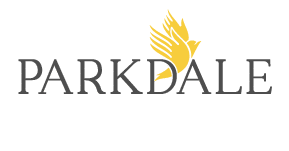June is Pride Month, during which we celebrate the culture and history of the LGBTQIA+ community with open affirmation, parades, and festivals to foster awareness of its invaluable contributions to our society.
For one month, being LGBTQIA+ becomes mainstream. Rainbows take over the internet and retail shops overnight, but they disappear just as suddenly in July. All the glitter-coated merchandise of June hides a hard reality for queer folks: year-round discrimination, stigma, hate crimes, physical, mental, and emotional abuse, rejection by family and/or friends, career discrimination, religious rejection, homelessness, and more. Despite June’s parades, these challenges take a long-term toll on the LGBTQIA+ community’s mental and physical health, including a significantly higher risk of substance use.
As we celebrate this community’s strength and creativity, it’s all too common for LGBTQIA+ individuals to battle major psychological and emotional disorders. According to the National Alliance on Mental Illness, “LGB adults are more than twice as likely as heterosexual adults to experience a mental health condition. Transgender individuals are nearly four times as likely as cisgender individuals (people whose gender identity corresponds with their birth sex) to experience a mental health condition.”
In particular, LGBTQIA+ individuals commonly experience:
- Major depression
- Generalized anxiety disorder
- High levels of stress
- Trauma or PTSD
Studies also show they are also at significantly higher risk for suicidality and substance use than their straight and cisgender peers.
As with their straight peers, individuals with persistent mental health challenges like these will often turn to substance use to self-medicate their symptoms. According to NAMI, “Substance misuse or overuse, which may be used as a coping mechanism or method of self-medication, is a significant concern for members of this community. LGB adults are nearly twice as likely as heterosexual adults to experience a substance use disorder. Transgender individuals are almost four times as likely as cisgender individuals to experience a substance use disorder.” They are especially prone to escalation and spiraling into heavy use. For this reason, we see substance use disorder consistently higher among the LGBTQIA+ community.
The National Institute on Drug Abuse reports, data from the 2018 National Survey on Drug Use and Health demonstrates “more than a third (37.6 percent) of sexual minority adults 18 and older reported past year marijuana use, compared to 16.2% reported by the overall adult population. Past year opioid use (including misuse of prescription opioids or heroin use) was also higher with 9% of sexual minority adults aged 18 or older reporting use compared to 3.8% among the overall adult population.”
With these challenges in mind, it is crucial that substance abuse recovery centers like Parkdale ensure that our services are inclusive and safe for LGBTQIA+ patients. According to Parkdale Center Recovery Specialist, Mira Pilipovic, “A key component in addressing the needs of and supporting LGBTQIA+ individuals struggling with substance use is recognizing how multifaceted their backgrounds and experiences are. The community has its own broad culture with a variety of subcultures contained inside, which means no two LGBTQIA+ individuals will have identical needs or presenting concerns.”
To address that, Pilipovic says it’s critical that we also “be mindful of is the risk of retraumatization for LGBTQIA+ folk while they are in treatment. Research consistently shows that LGBTQIA+ persons experience trauma at higher rates than their heterosexual and cisgender peers.” She explains that LGBTQIA+ patients often experience “intimate partner violence, childhood abuse, physical/sexual/emotional abuse, traumatic loss, and various forms of systemic oppression including stigma, bias, and rejection on both microlevels (community support) and macrolevels (discriminatory legislation).”
Parkdale is committed to creating an open and inclusive atmosphere for everyone, a safe space for healing, not just from substance abuse, but from the co-occuring traumas and mental health conditions any of our patients may be suffering with. We foster a safe space for all while tailoring each patient’s treatment to their specific needs. We recognize that whether one is on the LGBTQIA+ spectrum or not, every person’s journey to wellness is individual. Every patient is treated in their unique experience and context of their lives. We treat all people as people and worthy of the respect and healing they deserve.

